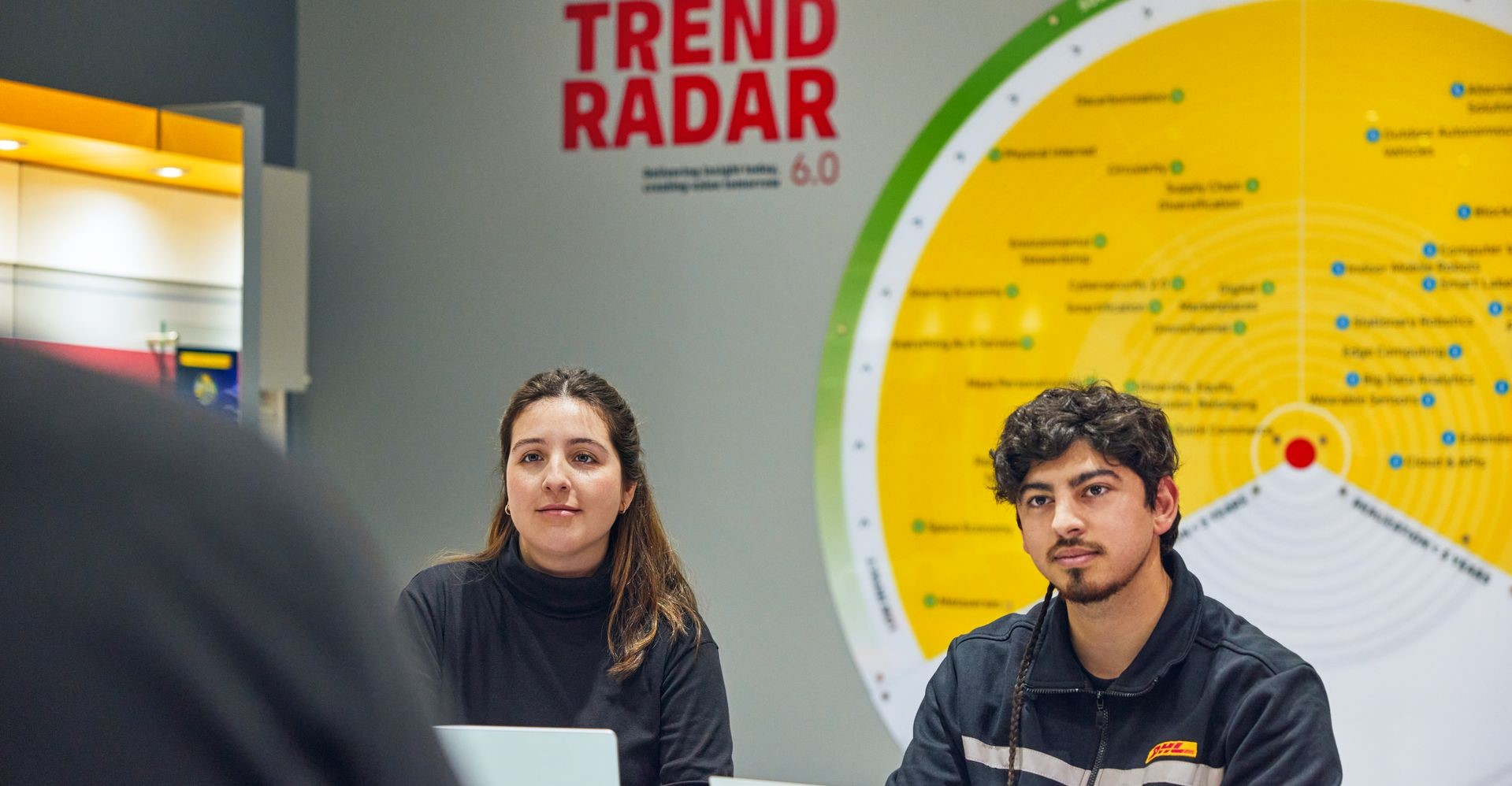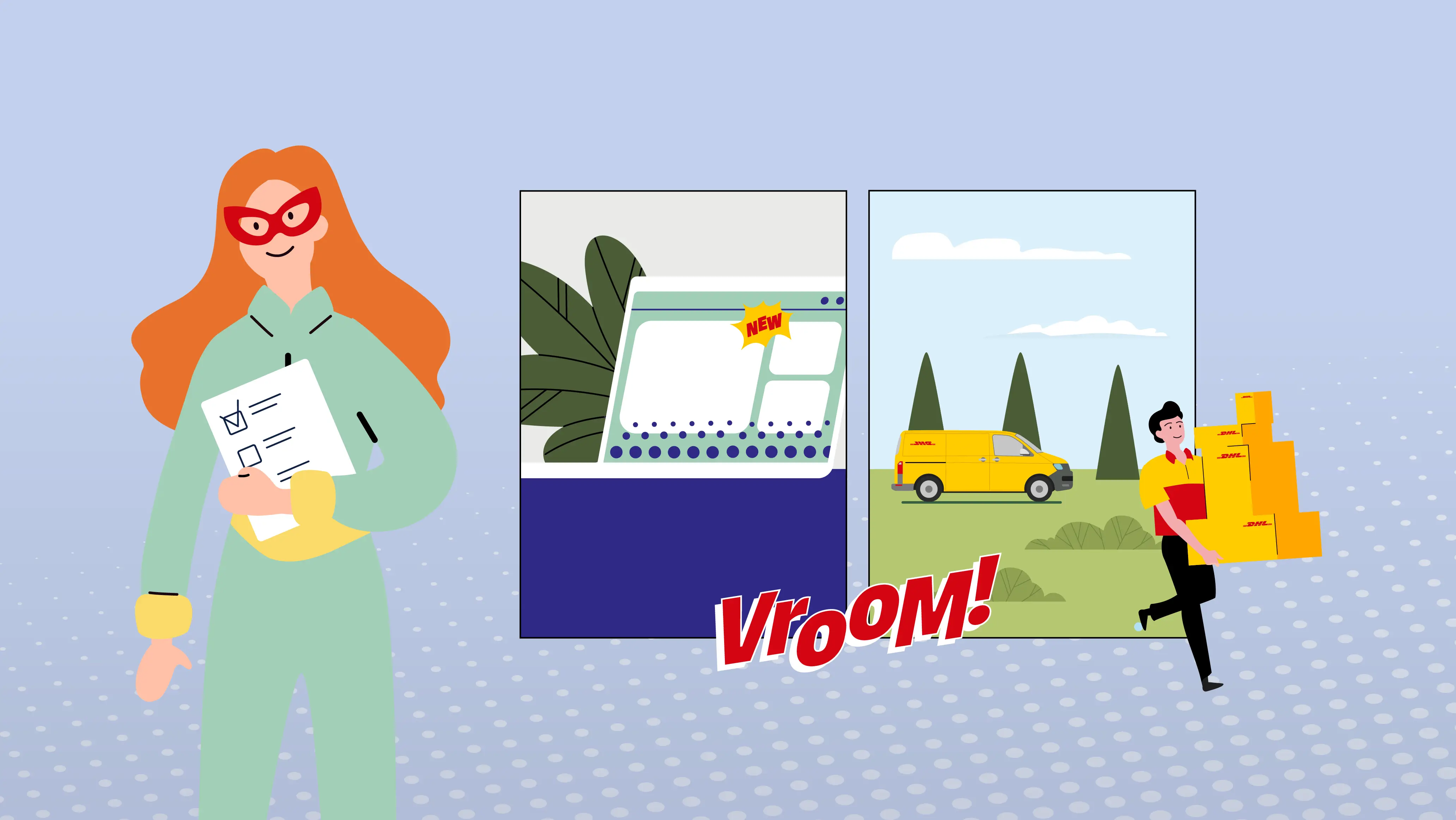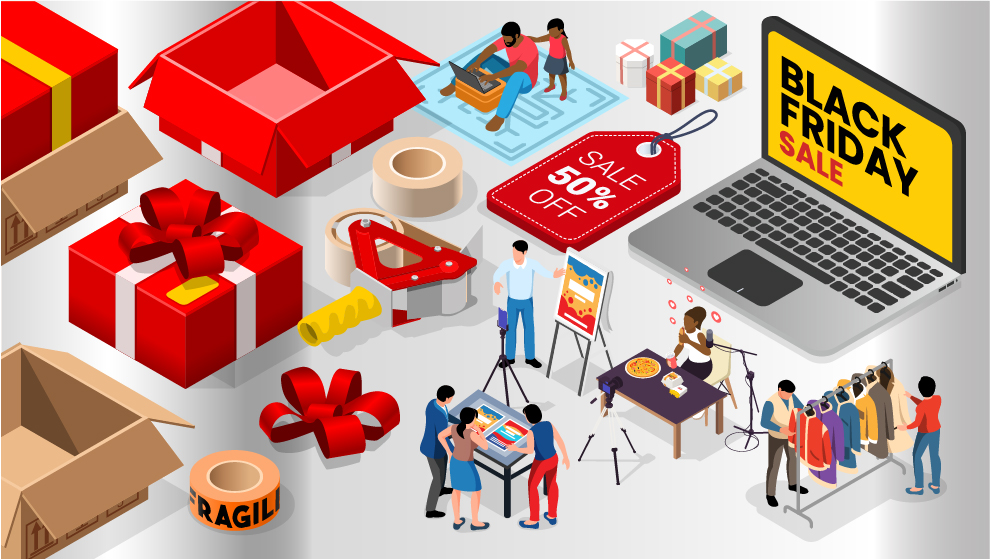In the dynamic market landscape, small-medium enterprises (SMEs) in New Zealand face the challenge of distinguishing themselves amidst global competition. In order to stand out, local businesses must be creative and use innovative marketing tactics to reach audiences and carve a unique space for themselves.
In this article, we’ll explore the best ways to market your small business with effective online marketing strategies and tactics. By adopting digital marketing strategies that harness the power of online media, SMEs can unlock new levels of reach, engagement and customer loyalty that would otherwise be impossible with traditional advertising.
Leveraging digital marketing
With the right marketing strategy and a solid plan, even low-cost marketing ideas can take a small business from New Zealand to the rest of the world.
A prime illustration of digital marketing's potential is the sustainable New Zealand footwear brand Allbirds. As a local startup, Allbirds allocated nearly 20% of its initial budget, which ranged between US$400,000 and US$500,000, exclusively to digital marketing. This strategic investment in digital platforms catalysed its transformation into a globally recognised name. By September 2020, this focus on digital marketing had significantly paid off, with Allbirds achieving a valuation of US$1.7 billion and carving out a significant niche in the competitive global sneaker and apparel market.
For SMEs aiming to replicate such success, here are key channels and tactics to consider:
- Social media marketing: Add platforms like Facebook, Instagram, and LinkedIn to your marketing mix. These are invaluable for building a community around your brand, enhancing visibility and connection through engaging content and targeted advertising.
- Influencer marketing: One of the most popular marketing tactics for small businesses is to partner with influencers whose values align with your brand, extending your reach and lending credibility. SMEs can consider tapping into new customer bases by engaging micro or nano influencers with small but highly engaged followers.
- Interactive content: Incorporating quizzes, polls, interactive videos, and AR experiences can significantly boost engagement, providing entertainment while educating your audience about your offerings.
To increase your chances of success in digital marketing, follow these tips:
- Know your audience: Utilise analytical tools to understand your customer’s online preferences and behaviours, tailoring your marketing strategy to meet their needs.
- Create compelling content: High-quality, relevant content is essential to capture and retain audience interest.
- Maintain consistency: A consistent brand voice and regular posting schedule builds trust and keeps your brand at the forefront of consumers' minds.
- Engage with your audience: Interact with your audience to show you value their feedback, fostering a loyal community.
Embracing content marketing
As the popular saying goes: “content is king”. Content marketing is all about creating and distributing valuable, relevant and consistent content to attract and retain a clearly defined audience. The ultimate goal? To drive profitable customer action. This can be a low-cost way for SMEs to advertise by sharing their expertise, building credibility and trust with their audience while setting themselves apart from competitors.
These are some compelling content strategies that have proven effective for SMEs:
- Blogs and articles: Provide in-depth knowledge, tips, and insights related to your industry. This not only helps with search engine optimisation, but also establishes your brand as an authority.
- Infographics: Simplify complex data into digestible, visual formats that are easy to share and understand.
- Videos: From how-tos to behind-the-scenes glimpses, videos can captivate a wide audience and are highly shareable across social platforms.
- Case studies: Highlight success stories and customer testimonials to showcase the real-world impact of your products or services.
A great example of a New Zealand business finding success with content marketing is outdoor clothing and equipment retailer, Kathmandu. Kathmandu leverages content marketing by creating comprehensive guides and articles on outdoor activities and sustainability in adventure gear. Their approach not only underscores their expertise in outdoor equipment but also aligns with their commitment to environmental stewardship, resonating deeply with their target audience who value sustainability.
Multi-channel marketing
As the name implies, a multi-channel marketing campaign leverages multiple marketing channels to engage customers in a cohesive manner. It ensures whether a customer interacts with your brand on social media, through an email, on your website, or even in a physical store, the experience and message they receive are harmoniously aligned.
For example, a New Zealand-based SME specialising in artisanal foods might use Instagram to showcase the origins and story behind their products with stunning visuals and engaging stories. They could then send out emails with exclusive recipes using their products, paired with a call-to-action directing subscribers to their website for more details or to make a purchase. Simultaneously, in-store promotions could offer QR codes linking to online testimonials or product backstory videos, providing a multi-dimensional brand experience.
Personalisation and customer experience
Personalisation in marketing turns generic customer interactions into meaningful engagement. This strategy is all about recognising your customers as individuals with unique preferences and tailoring your marketing to match their expectations. When done right, it deepens the customer's connection to the brand, increases satisfaction, and encourages repeat business.
New Zealand SMEs can implement personalised digital marketing tactics and build strong customer relationships through:
- Segmentation and targeting: Categorise your audience based on their behaviours, preferences, and previous interactions with your brand. Use this data to deliver relevant content and offers.
- Personalised email campaigns: Use customer data to create email content that speaks directly to the individual, such as recommending products based on past purchases.
- Customised website experiences: Employ cookies to remember visitor preferences and display content or product recommendations that align with their interests.
Exploring emerging marketing technologies
Emerging technologies like augmented reality (AR), virtual reality (VR), and chatbots are redefining the boundaries of digital marketing by blurring the worlds between the physical and digital space. These interactive marketing tactics offer SMEs the opportunity to create immersive experiences that captivate and engage customers in ways that were previously unimaginable.
- Augmented reality: AR can bring products to life by allowing customers to visualise them in their own space before making a purchase. For example, a furniture store could use AR to enable customers to see how a piece would look in their living room.
- Virtual reality: VR creates a completely immersive experience, ideal for product demonstrations or virtual tours. Travel agencies, for instance, could use VR to give potential travellers a taste of their holiday destinations.
- Chatbots: These AI-driven assistants can provide 24/7 customer service, answering queries and offering personalised shopping advice. This technology not only enhances the customer experience but also streamlines the sales process.





































